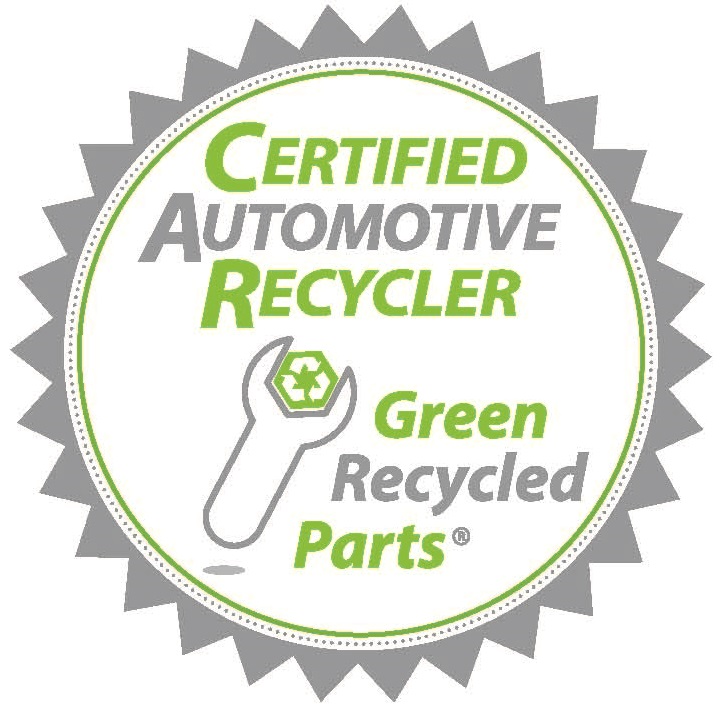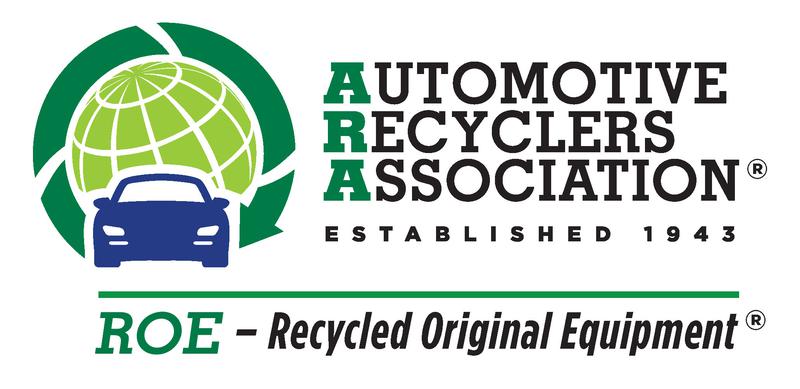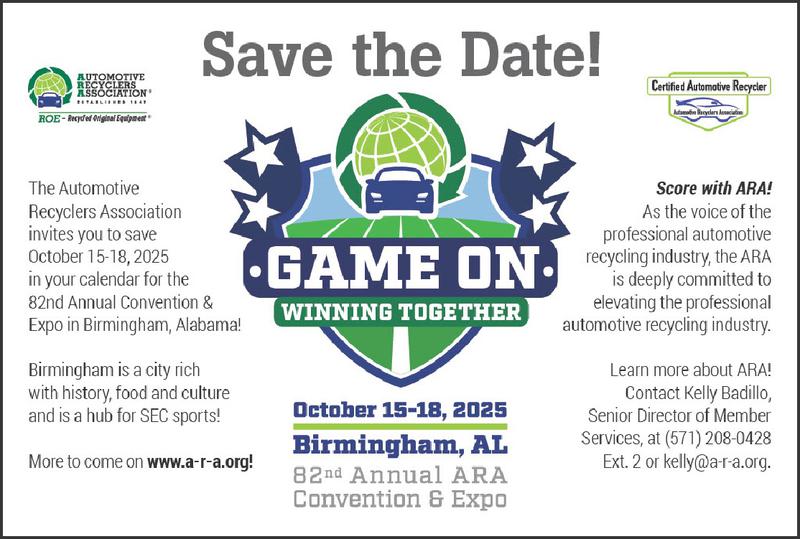While we have tried to present a summary of the essential information on this topic, you should be aware that other items, such as local regulations, may apply to you. Please read the disclaimer.
What You Need to Know
If handled improperly, lead-acid batteries removed from vehicles pose certain hazards. Battery components are toxic and corrosive, and can also be a fire and explosion hazard. Lead and sulfuric acid can contaminate the air, soil and water. Direct contact with sulfuric acid can burn the skin and eyes. Exposure to lead in the environment can pose a serious health hazard to children. Lead is also very toxic to aquatic life. When intact lead-acid batteries are recycled, the handling requirements are relaxed, but the batteries are still subject to limited hazardous waste regulations.
Regulations
The Iowa Department of Natural resources (DNR) regulates the disposal and recycling of lead acid batteries.
Spent or waste lead-acid batteries are exempt from most hazardous waste regulations if they are recycled, but the waste generator is still responsible for contamination caused by batteries transported off site as well as stored on-site. Batteries should be stored safely, and only reputable recyclers should be used. Keep receipts for batteries picked up, and be familiar with the final destination of the batteries to ensure that they are being recycled by an EPA-permitted company.
Battery Storage. Indoor storage on an acid-resistant rack or tub is preferable. Batteries stored outdoors should be stored on an impermeable surface such as concrete with secondary containment, and sheltered from rain to prevent acid run off. Other recommended storage methods include:
- Keeping a neutralizing agent such as baking soda near in case of a spill.
- Not stacking batteries ore than three (3) high since that may cause them to fall and crack.
- Storing batteries and battery acid away from flammable liquids, ignition sources and drains.
Improper storage practices can result in potential violations to the federal Clean Water Act, as well as violations of state and local water quality laws through the Storm Water permit.
Battery Disposal. Land disposal of lead acid-batteries is prohibited. (IAC 455d.10)
In Iowa, retail sale of lead-acid batteries is subject to the Household Hazardous Material (HHM) Permit.
If you sell lead-acid batteries at retail, you shall do the following:
- Accept used lead-acid batteries from customers who purchase new lead-acid batteries, at the point of sale.
- Post the Iowa DNR issued "Automotive Lead Acid Battery Sign" that states notice that land disposal of lead-acid batteries is prohibited and that state law requires the retailer to accept lead-acid batteries for recycling when new lead-acid batteries are purchased.
- Retailers may request a sign from the Iowa DNR that contains the information they are required to post.
Response to Releases. Should your batteries leak onto the ground, you must immediately contain all releases and determine whether any material resulting from the release is hazardous waste. If so, you must manage the hazardous waste in compliance with all applicable laws.
Iowa Lead-Acid Battery Management Requirements
Self-Audit Checklist
When an inspector comes to your facility, there are certain things he or she checks to see if you are in compliance with environmental regulations. It makes good sense for you to perform a "self-audit" and catch and correct problems before they result in penalties. Also, there are some compliance incentives associated with self-audits (see Audit Policy Page).
Use the following list to audit your battery storage and management procedures.
1. Are lead-acid batteries being stored properly? Batteries should be stored safely, indoors if possible.
2. Are lead-acid batteries being disposed of properly? Use only reputable recyclers. Keep receipts for batteries picked up, and be familiar with the final destination of the batteries to ensure that they are being recycled by an EPA-permitted company.
Best Management Practices (BMPs)
- Store batteries on an acid-resistant surface -- indoors if possible, and away from flammable liquids, ignition sources and drains.
- Avoid stacking batteries more than three (3) high.
- Recycle batteries through a reputable company nd maintain bills of lading.
- Store batteries on an impermeable surface with secondary containment.
- Keep a neutralizing agent, such as baking soda, nearby in case of leaks or spills.
- If a spill does occur, the waste must be treated as a hazardous waste.
- Check batteries for leaks, cracks, etc. prior to storing.
Relate Fact Sheets
none
Resources
Battery Council International http://batterycouncil.org
ECAR Fact Sheet LEAD-ACID BATTERIES
Fact Sheet Status and Disclaimer
The following compliance assistance information for the state is subject to all of the warranties and disclaimers associated with this internet website [Read full disclaimer]. Please note that this information has been submitted or will be submitted to the state agencies responsible for implementing environmental laws and regulations for their review and comment. This note is provided only for your informational purposes and does not change or alter any warranties or disclaimers, including, for example, your responsibility to seek appropriate legal or technical assistance to interpret the state's laws as needed.
The fact sheets are designed to assist automotive recyclers with operating their businesses and managing their wastes in compliance with the environmental laws in Iowa. ECAR tries to provides timely and essential information on this topic, but be aware that other items, such as local regulations and recent changes, may apply. Read the Disclaimer. Return to the ECAR Virtual Tour.




